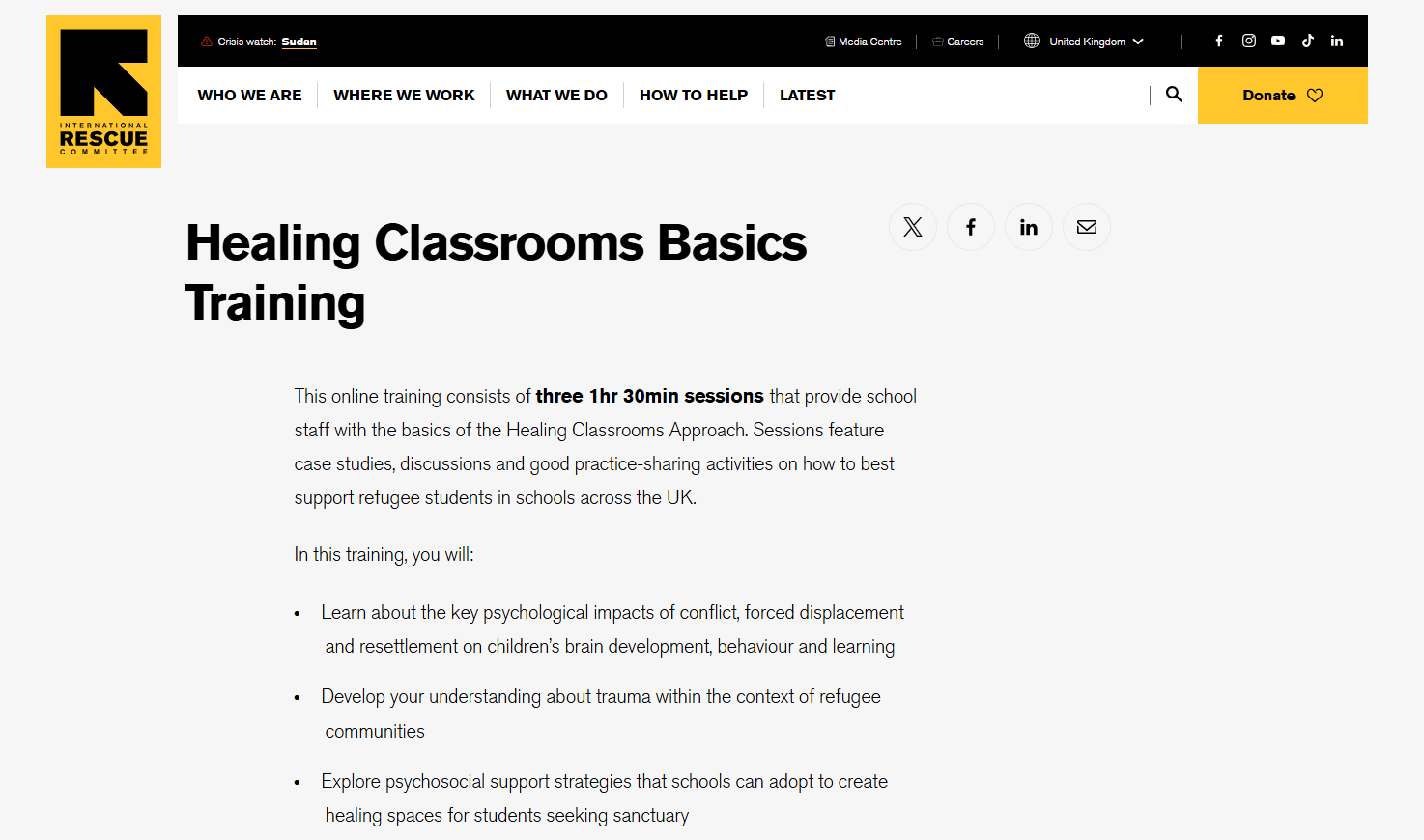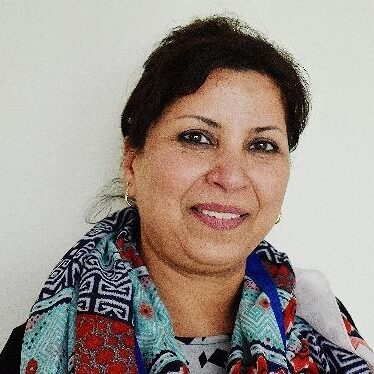Activating Prior Learning of English as an Additional Language Children in Schools

Recognising and building upon the prior learning experiences of English as an Additional Language (EAL) children is crucial for fostering their academic success and overall development in schools. This article explores the significance of activating prior learning, its benefits, and practical strategies for schools to effectively integrate this approach into their teaching practices.
Understanding Prior Learning:
Prior learning refers to the knowledge, skills, experiences, and cultural backgrounds that EAL children bring to the classroom. This includes their first language proficiency, literacy skills, academic knowledge, cultural norms, and life experiences. Acknowledging these assets can significantly enhance the learning process and promote positive outcomes for EAL learners.
Benefits of Activating Prior Learning:
Activating prior learning among EAL children offers many benefits:
- Building Confidence: Valuing learners' prior knowledge and experiences boosts their confidence and self-esteem, creating a positive learning environment where they feel empowered to participate actively.
- Enhancing Engagement: Relating new learning experiences to learners' existing knowledge and interests increases their engagement and motivation, making learning more meaningful and relevant.
- Accelerating Language Development: By scaffolding instruction based on learners' linguistic abilities and leveraging their first language skills, schools can facilitate faster language acquisition and proficiency development.
- Promoting Cultural Inclusivity: Integrating learners' cultural backgrounds and perspectives into the curriculum fosters a sense of belonging and respect for diversity, creating an inclusive learning environment for all EAL learners.
Strategies for Effective Integration:
Schools can employ various strategies to activate prior learning and maximise its benefits for EAL learners:
- Initial Assessment: Conducting baseline assessments to identify learners' strengths, interests, and prior knowledge helps teachers tailor instruction to meet individual learning needs effectively.
- Culturally Relevant Curriculum: Incorporating culturally relevant materials, examples, and teaching strategies into the curriculum ensures that learning experiences resonate with learners' cultural backgrounds and experiences.
- Multilingual Instruction: Integrating learners' first languages into instruction through bilingual resources, peer collaboration, and language support interventions facilitate comprehension and language development across both languages.
- Scaffolded Learning Tasks: Providing scaffolded learning tasks that gradually build upon learners' existing knowledge and skills helps bridge gaps and facilitate a smooth transition to new concepts and content.
- Collaborative Learning: Creating collaborative learning experiences, such as group work, peer tutoring, and cooperative learning activities, encourages learners to share their expertise and learn from one another.
- Family and Community Engagement: Involving families and communities in the learning process through parent workshops, cultural celebrations, and community partnerships strengthens the connection between home and school and reinforces the value of learners' prior learning experiences.
Conclusion:
Activating prior learning of EAL learners in schools is essential for creating inclusive, culturally responsive learning environments where all pupils can thrive. By acknowledging and building upon learners' strengths, interests, and cultural backgrounds, schools can foster a sense of belonging, enhance academic achievement, and promote holistic development among EAL learners.
Keywords: EAL/EMTAS, Prior knowledge of EAL, Developing academic language via prior knowledge of EAL pupils, inclusive learning environment for EAL learners, academic achievement of EAL learners
Why not also check out The International Rescue Committee’s website for
Healing Classrooms Basics Training
https://www.rescue.org/uk/page/healing-classrooms-basics-training
This online training consists of three 1hr 30min sessions that provide school staff with the basics of the Healing Classrooms Approach. Sessions feature case studies, discussions and good practice-sharing activities on how to best support refugee students in schools across the UK.

Article by
Rashda Salamat
English as an additional language Teacher
The Inclusive Learning and Achievement Service (ILAS)
rashda.salamat@northtyneside.gov.uk

